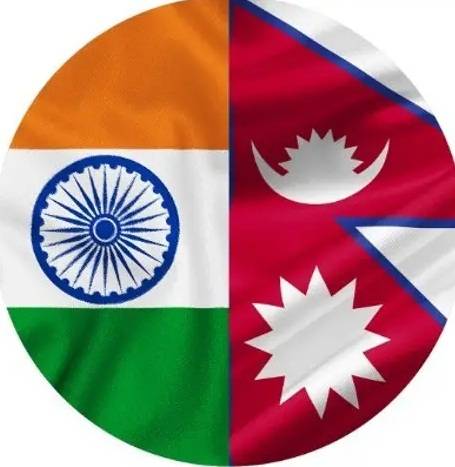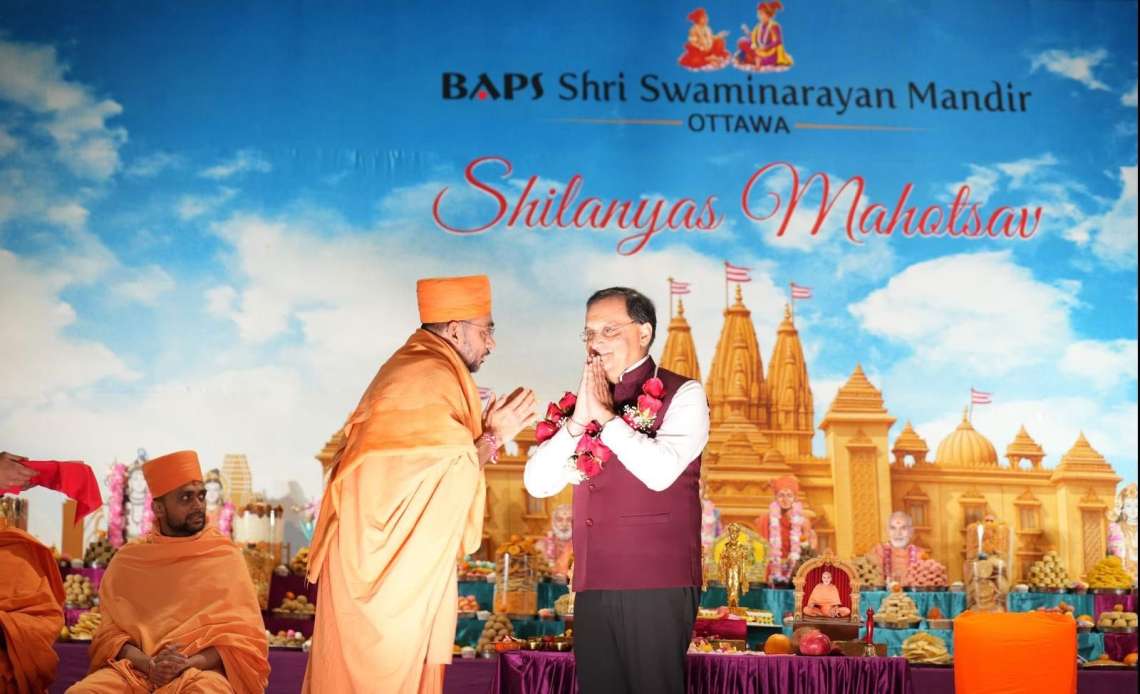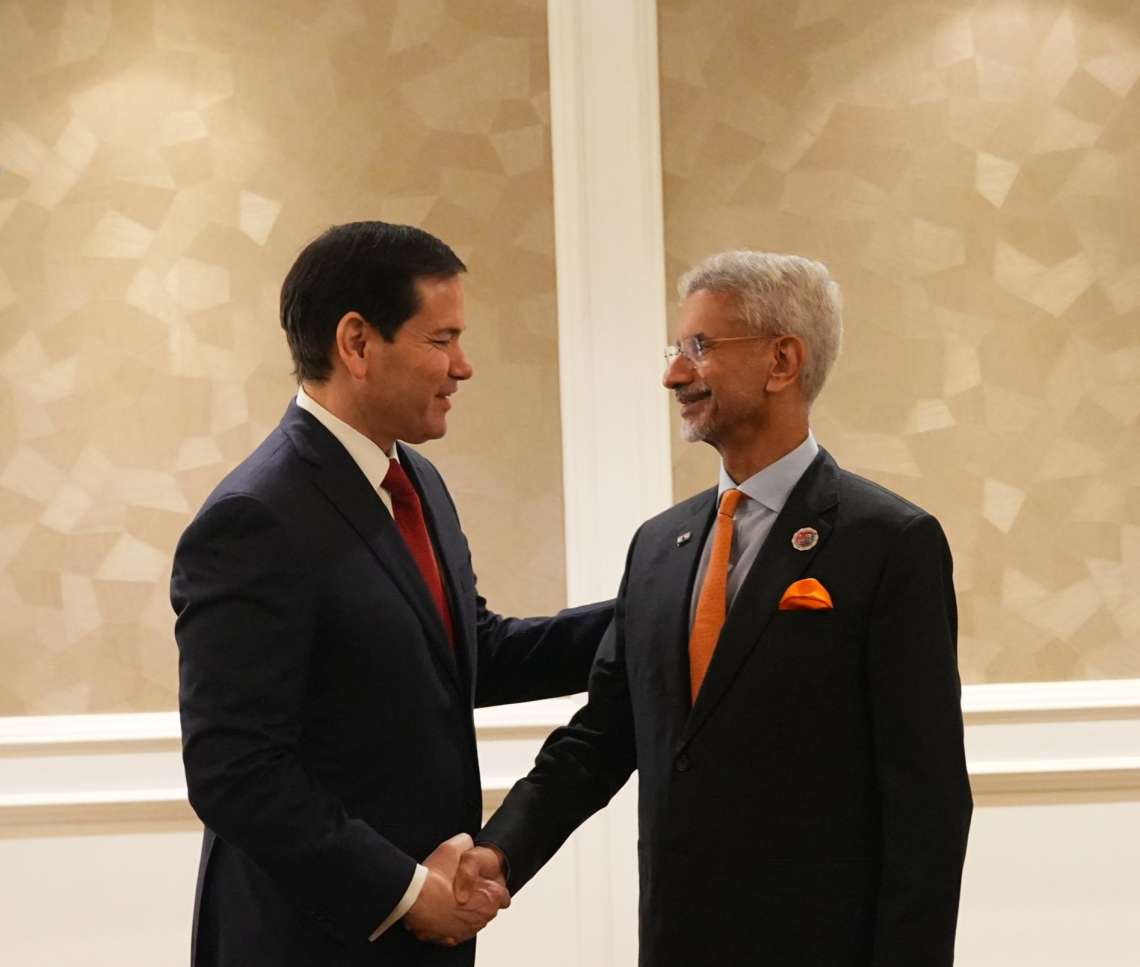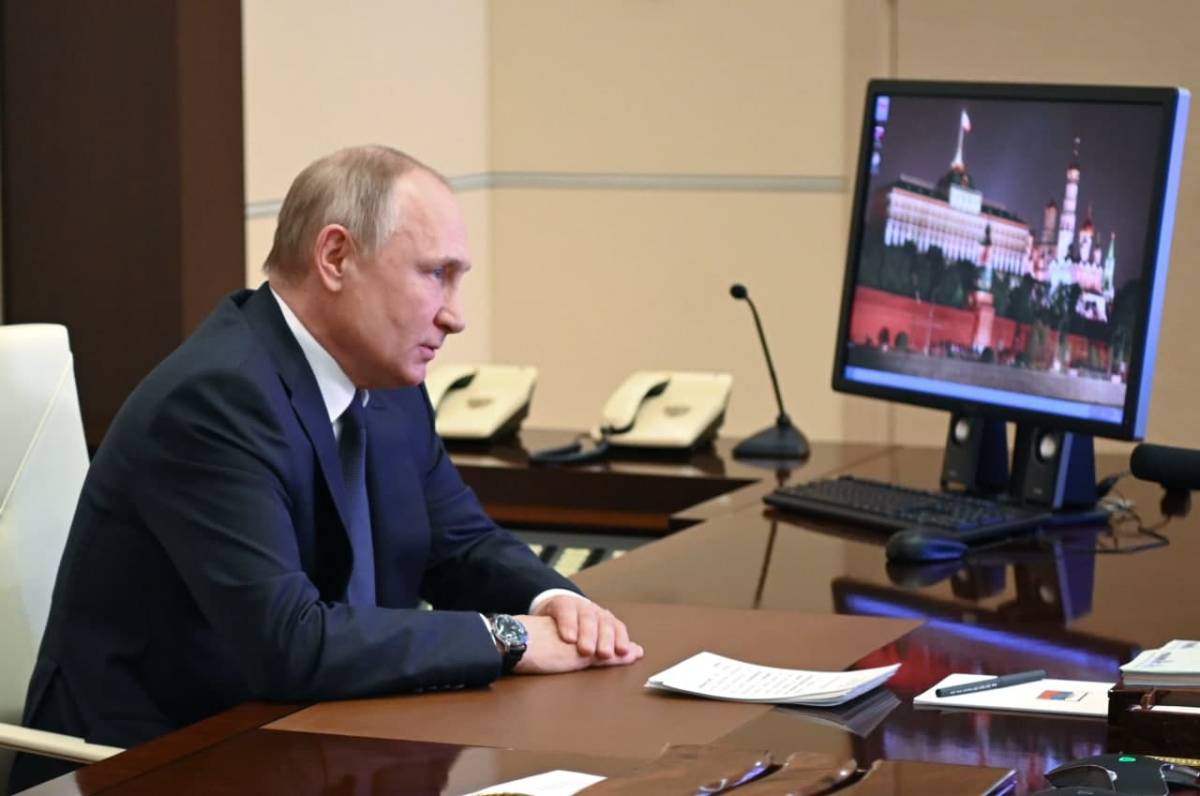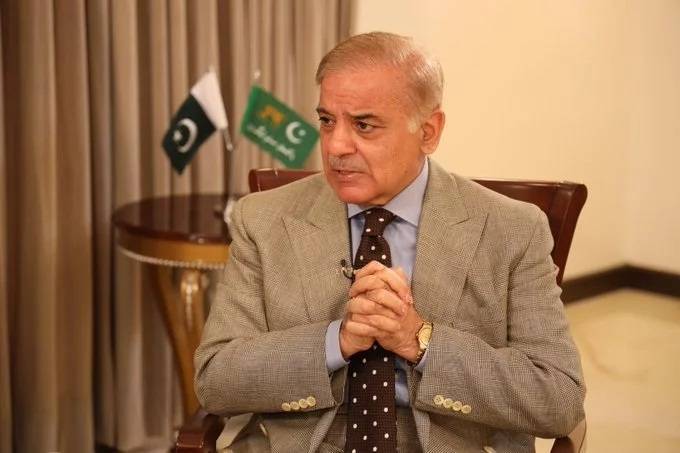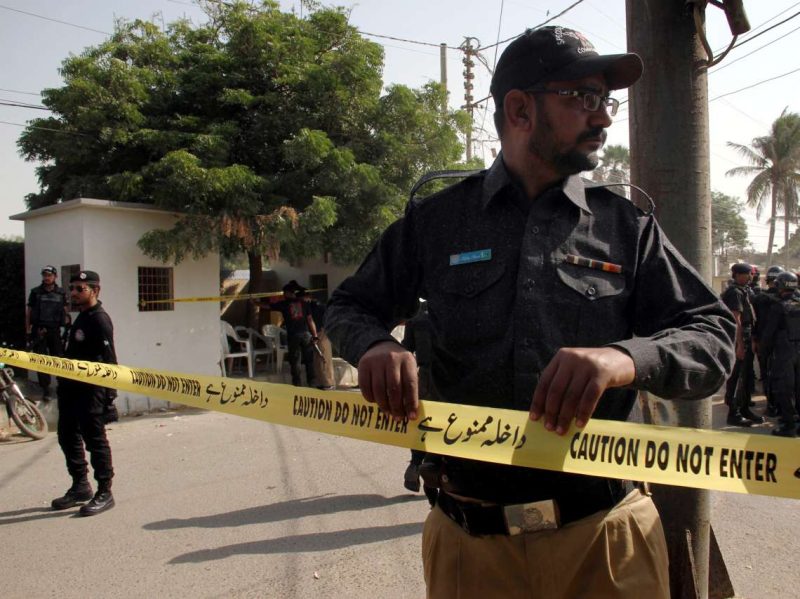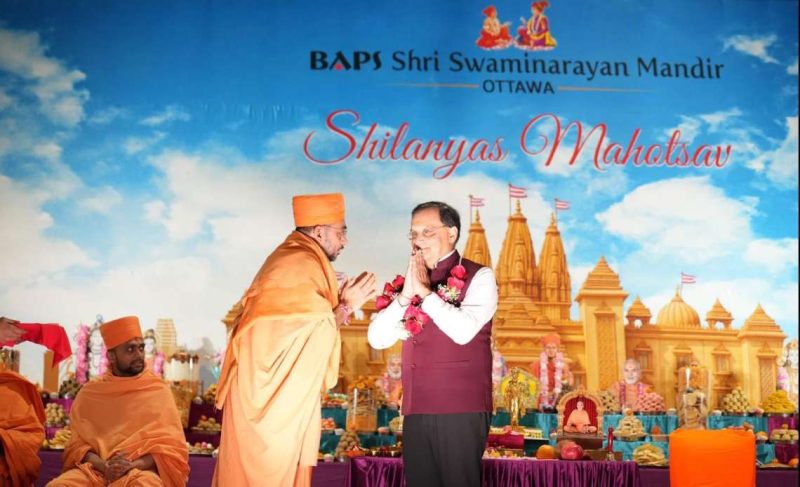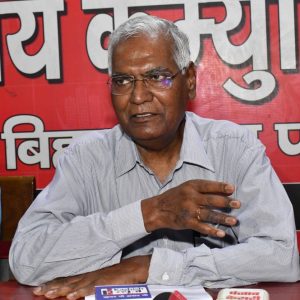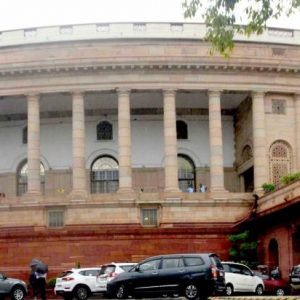Experts and analysts from both India and Nepal have underlined the need to not just enhance people to people contact but also putting in place pro-active measures by New Delhi and Kathmandu…reports Mahua Venkatesh
At a time when India and Nepal are looking to deepen political as well as economic cooperation amid rapid geopolitical shifts, the two countries must prioritise dealing with the issue of perception that people from both sides of the border have about each other and more importantly the governments. Despite the two countries sharing an open border policy, mutual distrust has dominated the political landscape from time to time leading to a steady drop in cross border marriages.
Vijay Kant Karna, Executive Chairman, Centre for Social Inclusion and Federalism in Kathmandu said that the declining number of cross border marriages is an indication of a social alteration based on the existing “perception and attitude”.
In 2020, the Nepali parliamentary State Affairs and Good Governance Committee under the Nepalese former prime minister K.P. Sharma Oli, perceived to be close to the Chinese government, approved the proposal to amend the Citizenship Act which made it mandatory for a foreign woman marrying a citizen of the country to wait seven years to get citizenship.
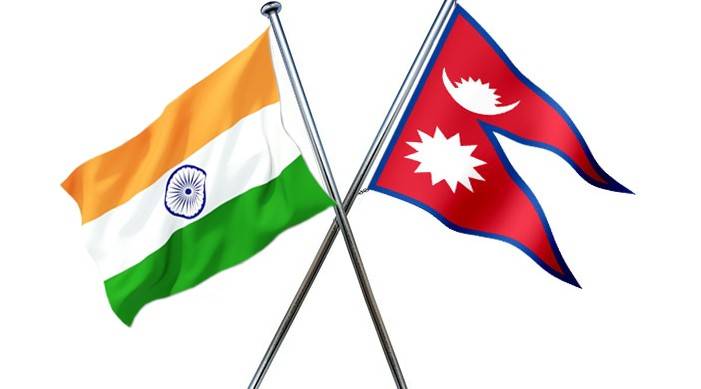
This added to the problem.
“Perception — for both countries — needs to change. The way forward is boosting connectivity but at the same time, the governments of the two neighbours need to carefully carve out a mechanism which will lay the roadmap for cooperation. India and Nepal must maintain stable political relation based on mutual trust and respect,” Karna, Executive Chairman, Centre for Social Inclusion and Federalism in Kathmandu said at an event — ‘India-Nepal Development Partnership: Economic Challenges and Opportunities’ organised by Indian Council of World Affairs.
Experts and analysts from both India and Nepal have underlined the need to not just enhance people to people contact but also putting in place pro-active measures by New Delhi and Kathmandu to address the elephant in the room.
Karna noted that the thrust on railway and road connectivity will go a long way in boosting connectivity, which is critical in the wake of the current geopolitical challenges. The bulk of Nepal’s transit trade takes place through India. As per estimates about 6 to 8 million of Nepalese are employed in India.
Nihar Nayak, Research Fellow, Manohar Parrikar Institute for Defence Studies and Analyses also said that timely competition of all pending projects by the Indians were critical to change the existing perception.
In April, Prime Minister Narendra Modi and his Nepalese counterpart Sher Bahadur Deuba jointly inaugurated the 35 km long transboundary Janakpur-Jayanagar railway service and RuPay digital payment system in Nepal. Though the two leaders reviewed the full spectrum of the bilateral agenda covering political, economic, trade, energy, security and developmental issues, experts said that hurdles relating to corruption, bureaucratic and security hassles on the ground continue to plague citizens at the border points.
Besides, Indian businesses must also play a more aggressive role in the internal bidding process for infrastructure and other developmental projects.
Earlier, a study by the Observer Foundation Research (ORF) pointed out that though social and economic integration between the two countries, “informal ties and the simplicity of those traditional businesses have been under stress.”


